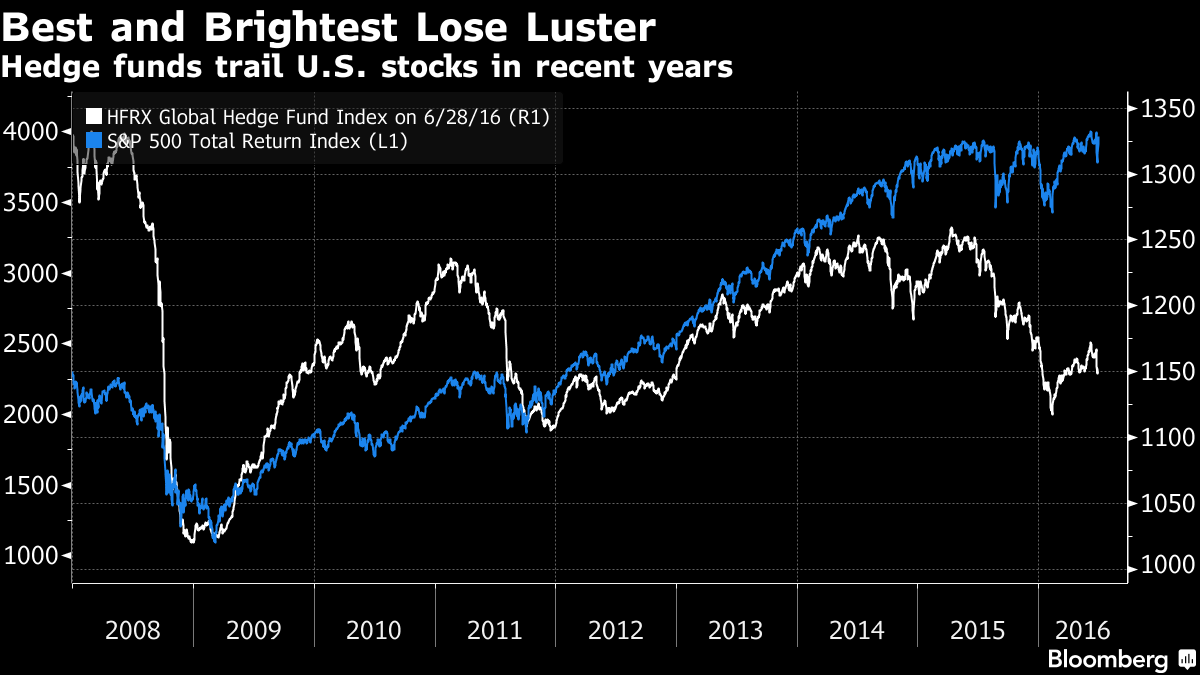Good Trades are made by managing the mind, ego, and emotions.
1. A good trade is taken with complete confidence and follows your trading method; a bad trade is taken on an opinion.
2. A good trade is taken with a disciplined entry and position size; a bad trade is taken to win back losses the market owes you.
3. A good trade is taken when your entry parameters line up; a bad trade is taken out of fear of missing a move.
4. A good trade is taken to be profitable in the context of your trading plan; a bad trade is taken out of greed to make a lot of money quickly.
5. A good trade is taken according to your trading plan; a bad trade is taken to inflate the ego.
6. A good trade is taken without regret or internal conflict; a bad trade is taken when a trader is double-minded.
Good trades are just one trade inside a robust methodology that gives the traders an advantage int eh long term.
7. A good trade is based on your trading plan; a bad trade is based on emotions and beliefs.
8. A good trade is based on your own personal edge; a bad trade is based on your opinion.
9. A good trade is made using your own timeframe; a bad trade changes timeframe due to a loss.
10. A good trade is made in reaction to current price reality; a bad trade is made based on personal judgment.
11. A good trade is made after identifying and trading with the trend; a bad trade fights the trend.
12. A good trade is made using the trading vehicles you are an expert in; a bad trade is when you trade unfamiliar markets. (more…)





 Overtrading is also the result of improper trade preparation. It’s difficult to overtrade when you begin the day fully prepared. Trade what you see not what you hear or feel during the day. Plan your trades and trade your plan. Prior planning can prevent and severely limit these problems. Overtrading as I see it is the essence of trading frustration. Trying to “catch” a good trade regardless of risk involved is the ultimate in trading suicide. Overtrading will greatly reduce your probability of success because you are trading without a plan.
Overtrading is also the result of improper trade preparation. It’s difficult to overtrade when you begin the day fully prepared. Trade what you see not what you hear or feel during the day. Plan your trades and trade your plan. Prior planning can prevent and severely limit these problems. Overtrading as I see it is the essence of trading frustration. Trying to “catch” a good trade regardless of risk involved is the ultimate in trading suicide. Overtrading will greatly reduce your probability of success because you are trading without a plan.